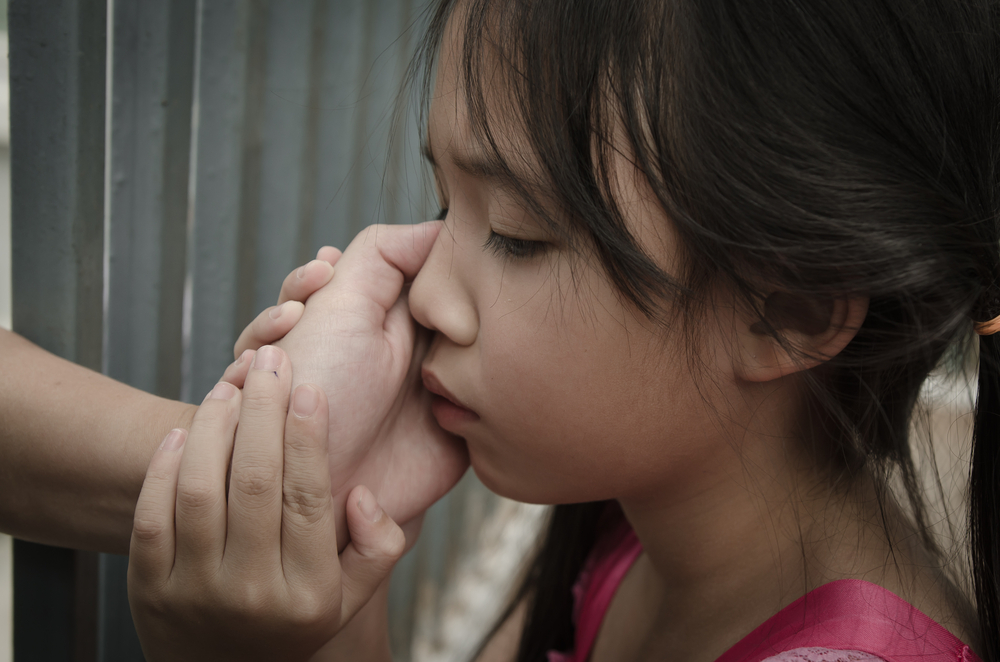KIDS project

Research has demonstrated that children experience negative developmental outcomes as a result of their parent’s imprisonment, such as behavioural problems, mental health issues and learning problems, which often extend into adulthood. Most of this research assumes that problems occur as a result of the imprisonment period itself. Less is known about the experiences of children when their parent is released from prison and how this impacts on children’s wellbeing.
For example, we know that children may experience various changes when a parent goes to prison, such as disruption in parental bonds, change of primary caregiver, loss of financial resources, residential and school changes, and contact with the correctional system. But what we do not know is whether these changes are permanent or whether significant changes occur once again when a parent is released from prison, or whether the post-release period is associated with additional risk factors for children’s adverse outcomes. Prior research on prisoner re-entry has focused almost exclusively on prisoner recidivism and to a lesser extent on prisoner wellbeing, while child wellbeing in this context has been largely overlooked.
The KIDS project, run by PhD student Holly Smallbone, aims to address this gap in the research by conducting semi-structured interviews with mothers and fathers in prison about a focal child within three months prior to their release (wave 1) and then again within three months after their release (wave 2). The aim of this project, that is a collaboration between NSCR and Griffith University (Brisbane), is to qualitatively examine changes that occur for children when a parent is imprisoned, during the imprisonment, and when the parent is released, and how such changes might relate to child wellbeing. The interviews focus on various aspects of children’s wellbeing (school, friends, strategies for coping, support), as well as parent-child relationship and contact, parenting, and post-release expectations and outcomes.
This research has important implications for policy and practice. There are currently limited supports available to reduce the impact of parental imprisonment on children. By conducting this research, we hope to better understand the experiences of children through parental imprisonment and re-entry, which will hopefully lead to systems being put in place to address the needs of this vulnerable group.
Actuele berichten

